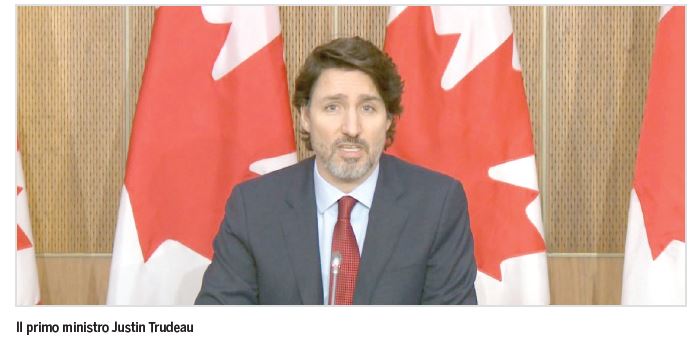“Blue Monday”, the perfect scapegoat for the winter blues
TORONTO – Typically, the third Monday in January is commonly known as the most depressing day of the year. People widely refer to the day as “Blue Monday”, a day which many may find themselves feeling “blue” or sadder than usual.
The day itself has little to no scientific backing and some call it “sensationalist nonsense”. The concept was first introduced in 2005 by a UK travel company as a PR stunt. Since then, some experts dispute the legitimacy of the day. Nonetheless, it provides an opportunity to draw attention to the mental health effects of winter and how they can lead to serious health concerns such as anxiety and depression.
According to the latest polls by Leger and the Association for Canadian Studies, 24% of Canadians feel their mental health and stress levels are currently worse compared to during the first wave of the pandemic.
At this time of year, a number of factors may affect an individual’s mental health including the post-holiday blues, the cold and gloomy weather, credit card debt, and unfulfilled new year’s resolutions. Add to that a Covid-19 lockdown and social isolation you end up with a recipe for a bad case of the blues.
More importantly, the combination of such factors can be the perfect storm for triggering individuals who are predisposed to depression. The added challenges of pandemic induced restrictions have affected many of the things people used to do in order to cope.
Under current lockdown measures and “stay-at-home” orders, things like meeting up with family and friends, going out for a social gathering, sharing a meal or drink together at a local pub are prohibited. Even with non-essential travel advisories in effect, most Canadians who would normally travel to a tropical destination for a winter getaway are choosing to stay put out of an abundance of caution.
These things, or the inability to engage in such activities can weigh heavily on people struggling emotionally during these dark, cold days of winter.
Dr. Katy Kamkar, psychologist at the Centre for Addiction and Mental Health (CAMH) says there are ways to cope with the winter blues.
“Daily meaningful activities like getting proper sleep, maintaining a healthy diet, being physically active, setting up a budget to manage your spending habits”, says Dr. Kamkar, “ these are all practical, achievable goals that can make you feel more balanced”. These are just some of the ways to affect change and improve one’s mental health.
Some other helpful tips to cope with stress and anxiety, experts suggest doing something fun and healthy for yourself like, read a good book, go for a walk, or spend some time exercising mindfulness meditation. Relaxing the body and mind can help one stay focused and calm during stressful situations.
So, whether or not you blame the day for waking up feeling a little more down than usual, if nothing else, it is a good opportunity to get people talking about mental health and how important it is. Especially at a time when people may feel more isolated and suffering from loneliness and depression.




